Share
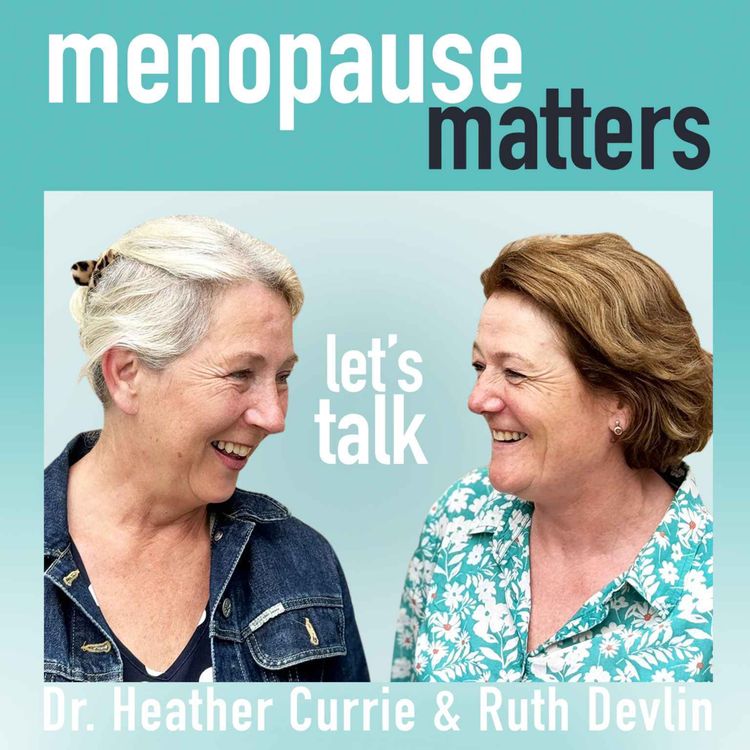
Menopause Matters, Let’s Talk
Side effects of HRT, menstruation and general bleeding problems.
Season 2, Ep. 4
•
Periods… wouldn’t it be wonderful to have a period free life, just saying…
Currently HRT is the first line treatment for menopausal symptoms but, there is no way of predicting how you as an individual might react to HRT before trying it and remember, we’re all different.
Why it’s important to have a check up 3 months after starting HRT - what side effects are normal to experience and what should you be concerned about.
We discuss the importance of not mucking around with well researched regimes and what do we actually mean by regimes… plus the importance of keeping it as simple as possible.
More episodes
View all episodes
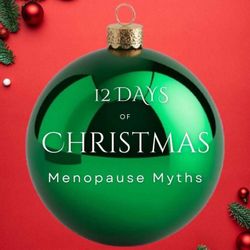
12. Xmas Myth #12: Menopause is the same for all women?
01:43||Season 6, Ep. 12The last of our 12 mini podcasts, debunking 12 menopause myths in the countdown to Christmas is:Women experience menopause in the same way.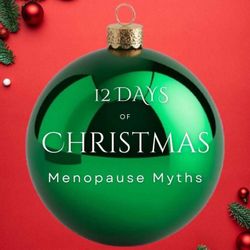
11. Xmas Myth #11: Testosterone?
01:10||Season 6, Ep. 11The eleventh of our 12 mini podcasts, debunking 12 menopause myths in the countdown to Christmas is:Testosterone is the missing piece of the jigsaw puzzle when it comes to HRT.Links:Testosterone. The Role of Testosterone and HRT : Menopause Matters and Testosterone… what you really need to know! - Menopause Matters, Let’s Talk | Acast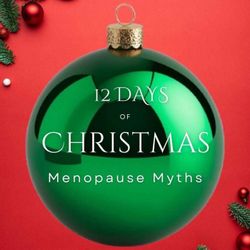
10. Xmas Myth #10: HRT is expensive?
01:24||Season 6, Ep. 10The tenth of our 12 mini podcasts, debunking 12 menopause myths in the countdown to Christmas is:HRT is expensive.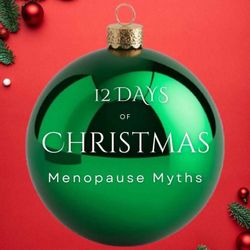
Xmas Myth #9: Either HRT or alternative?
01:30|The ninth of our 12 mini podcasts, debunking 12 menopause myths in the countdown to Christmas is:You have to choose either a complementary therapy, or an alternative option or HRT.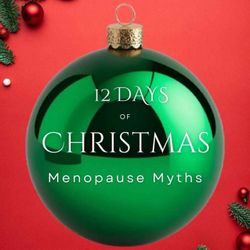
8. Xmas Myth #8: Pregnancy?
01:10||Season 6, Ep. 8The eighth of our 12 mini podcasts, debunking 12 menopause myths in the countdown to Christmas is:You can’t get pregnant if you’re taking HRT.Link: Contraception for older women before menopause : Menopause Matters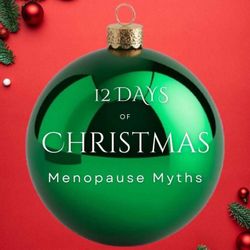
7. Xmas Myth #7: HRT info has all changed?
01:24||Season 6, Ep. 7The seventh of our 12 mini podcasts, debunking 12 menopause myths in the countdown to Christmas is:Everything is new with menopause, in particular HRT these days. It’s all changed.Links:27-WHC-FACTSHEET-HRT-Doses-NOV2022-A.pdf and The basics about HRT and much more. - Menopause Matters, Let’s Talk | Acast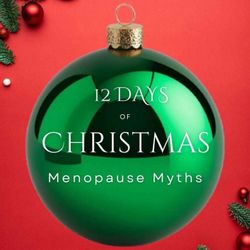
6. Xmas Myth #6: Is it the end of a good sexlife?
02:15||Season 6, Ep. 6The sixth of our 12 mini podcasts, debunking 12 menopause myths in the countdown to Christmas is:Menopause marks the end of a good sex life.Link:https://www.nhsinform.scot/healthy-living/womens-health/later-years-around-50-years-and-over/menopause-and-post-menopause-health/sexual-wellbeing-intimacy-and-menopause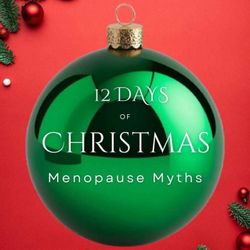
5. Xmas Myth #5: HRT only for 5 years?
01:44||Season 6, Ep. 5The fifth of our 12 mini podcasts, debunking 12 menopause myths in the countdown to Christmas is:You can only be on HRT for 5 years.Link: Estrogens in Menopause - What is HRT : Menopause Matters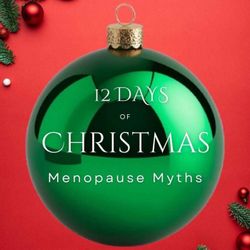
4. Xmas Myth #4: Only in your 50s?
00:58||Season 6, Ep. 4The fourth of our 12 mini podcasts, debunking 12 menopause myths in the countdown to Christmas is:Menopause only happens in your 50s.Link: Menopause Symptoms - what happens and when : Menopause Matters